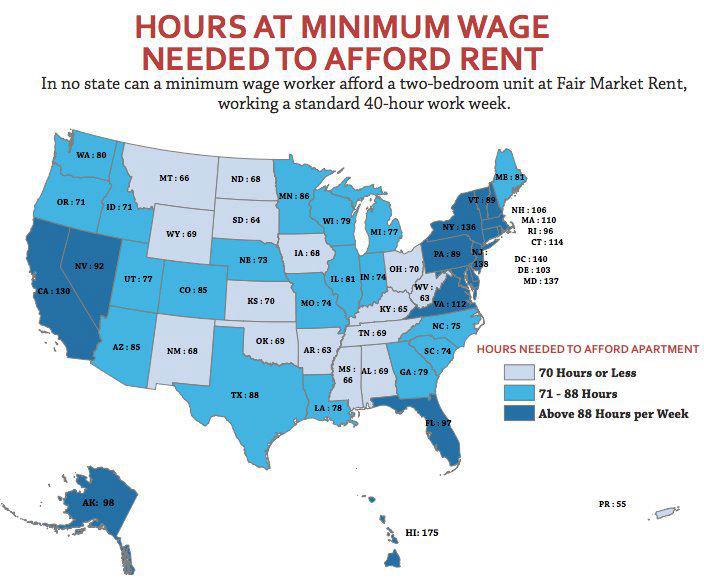By Liza Mugambi, MIB San Francisco
She is BROWN, the color of her skin, smooth and dark cocoa, her identity, the one she is proud of with every glace at the mirror.
She is GREEN, very conservative, cautious with every step, protective of her emotions from the cruel world, but still gets to enjoy the better aspects life has to offer.
She is YELLOW, glows like the sun, radiant to everything around her, for it brings out her inner child and stays connected.
She is PINK, a woman, gentle, delicate and very feminine. Like a flower she wishes to be handled with care and given the attention she deserves.
She is RED, desires for passion, and dreams of romance. With every kiss, she craves for more, losing herself to the sensation of the magic touch. She wishes to be wanted, needed and to find true love.
She is BLACK, the other side of her. One you wouldn’t want to dive into for its an ocean full of secrets. Could be from pain, sadness, anger, revenge but who knows? She sits in silence, for her eyes always betray her.
Lastly, she is WHITE. Looking to find peace within her and for the people around her. She wishes for genuine happiness because for every smile and every hug, warms up a cold heart.
After the stormy rains comes out a rainbow. Beautiful and radiant to everyone who sees it, for it lights up the sky once more. Just like the rainbow, she too has the Seven Shades. Despite the hidden flaws lies a genuine and beautiful soul. She hopes to be just as radiant, and accepted the way she is.


